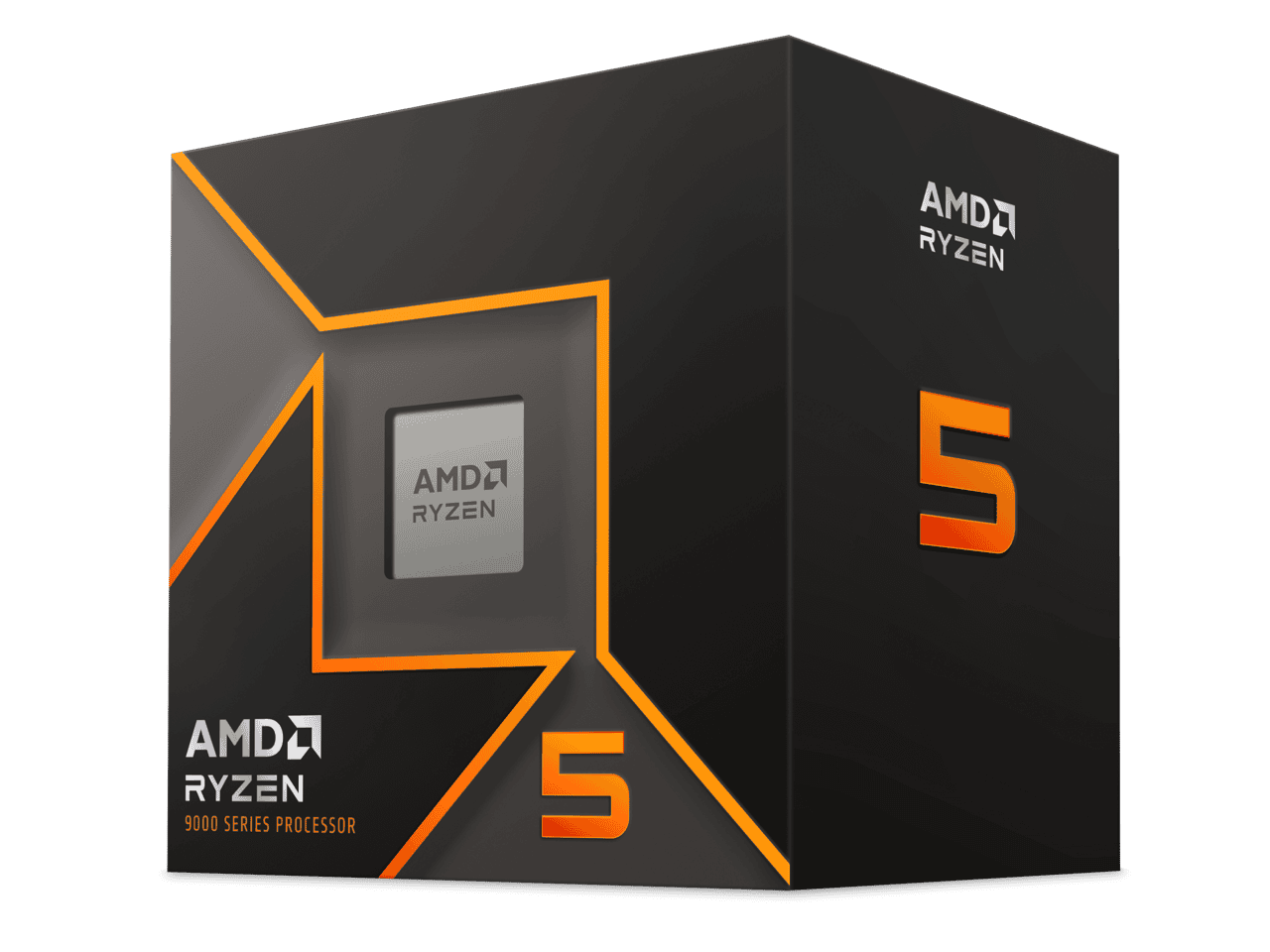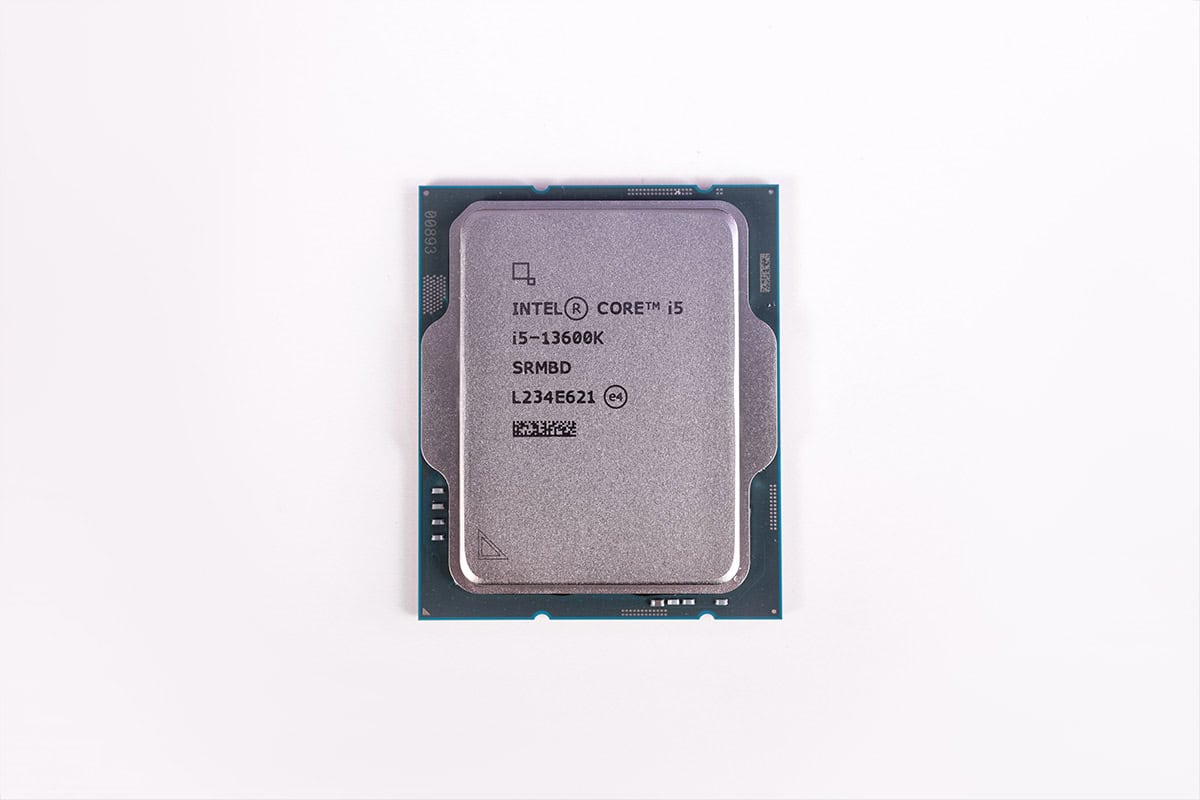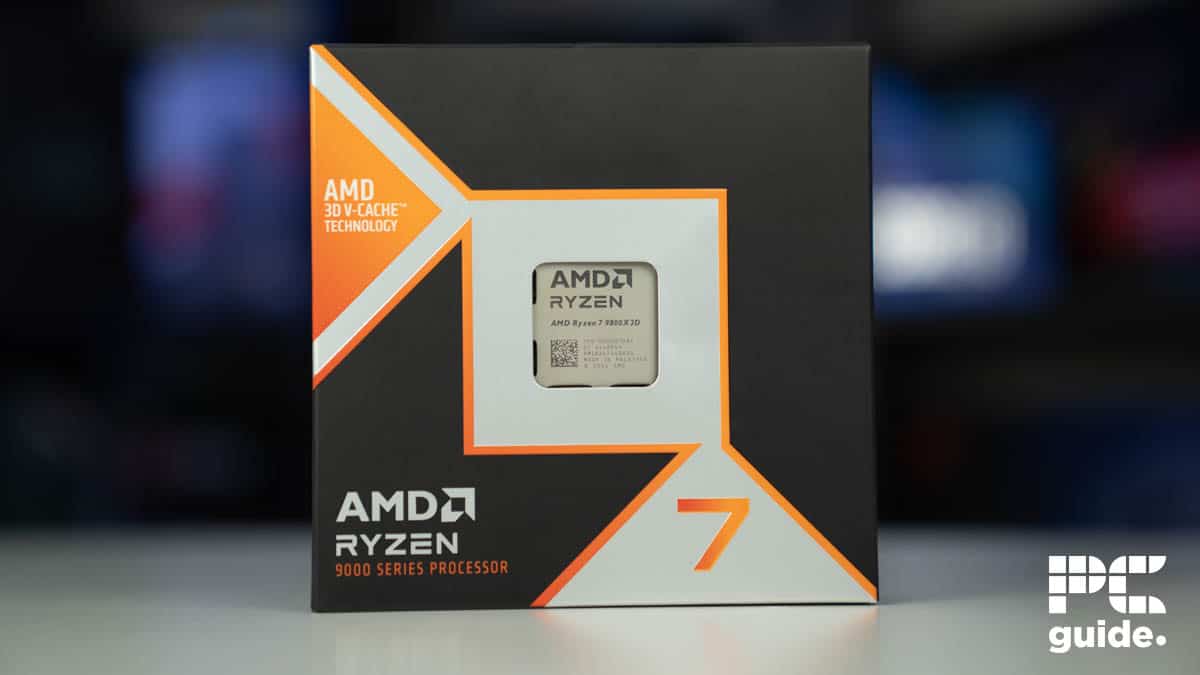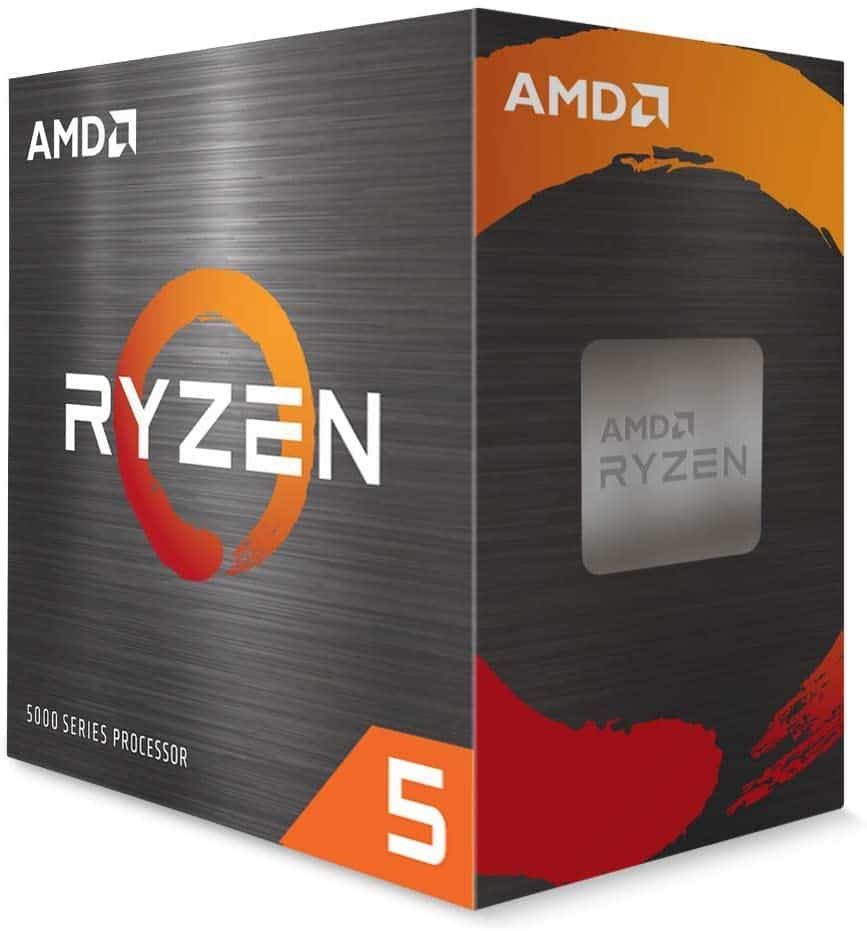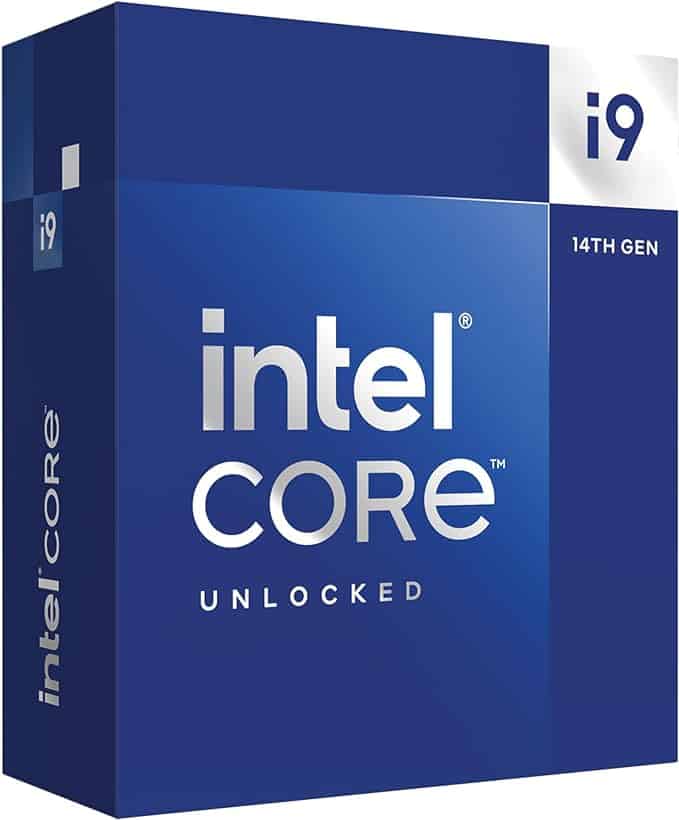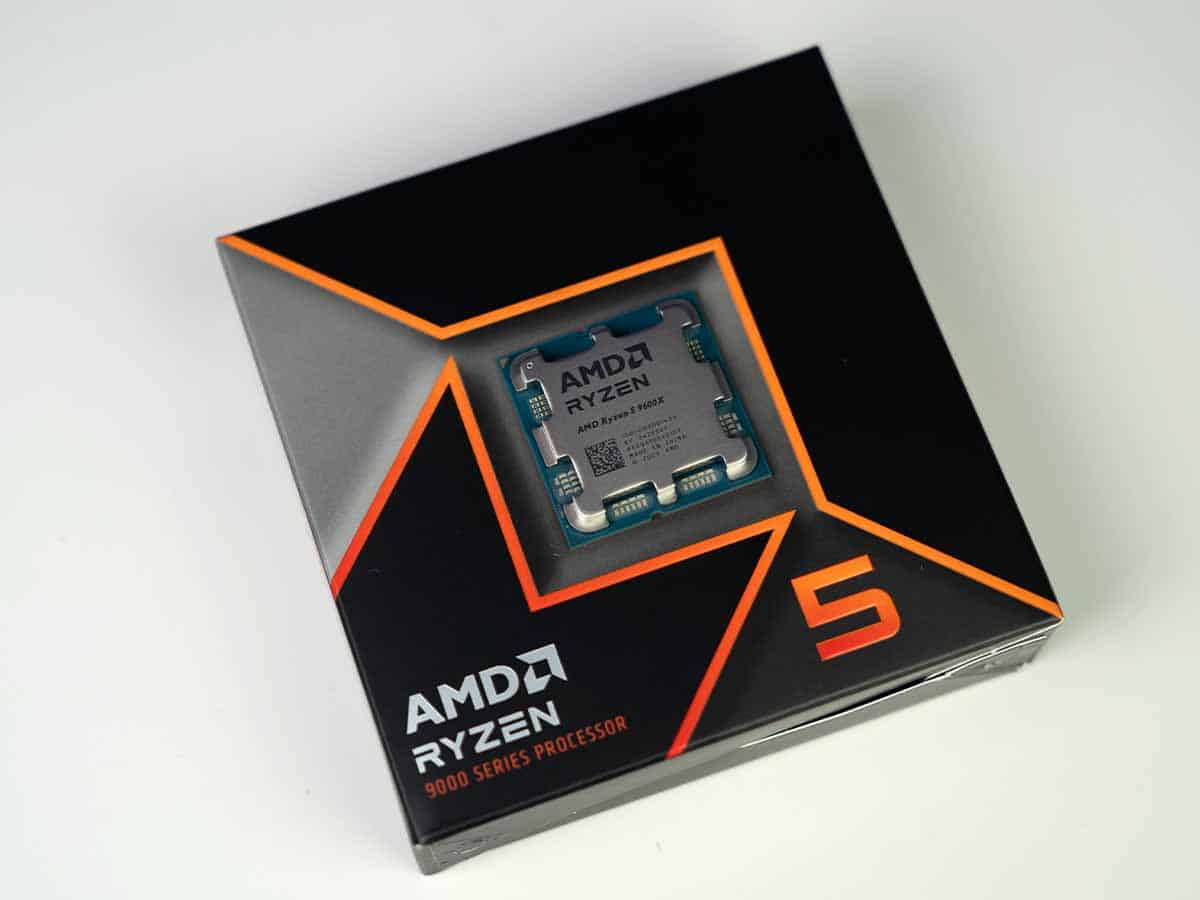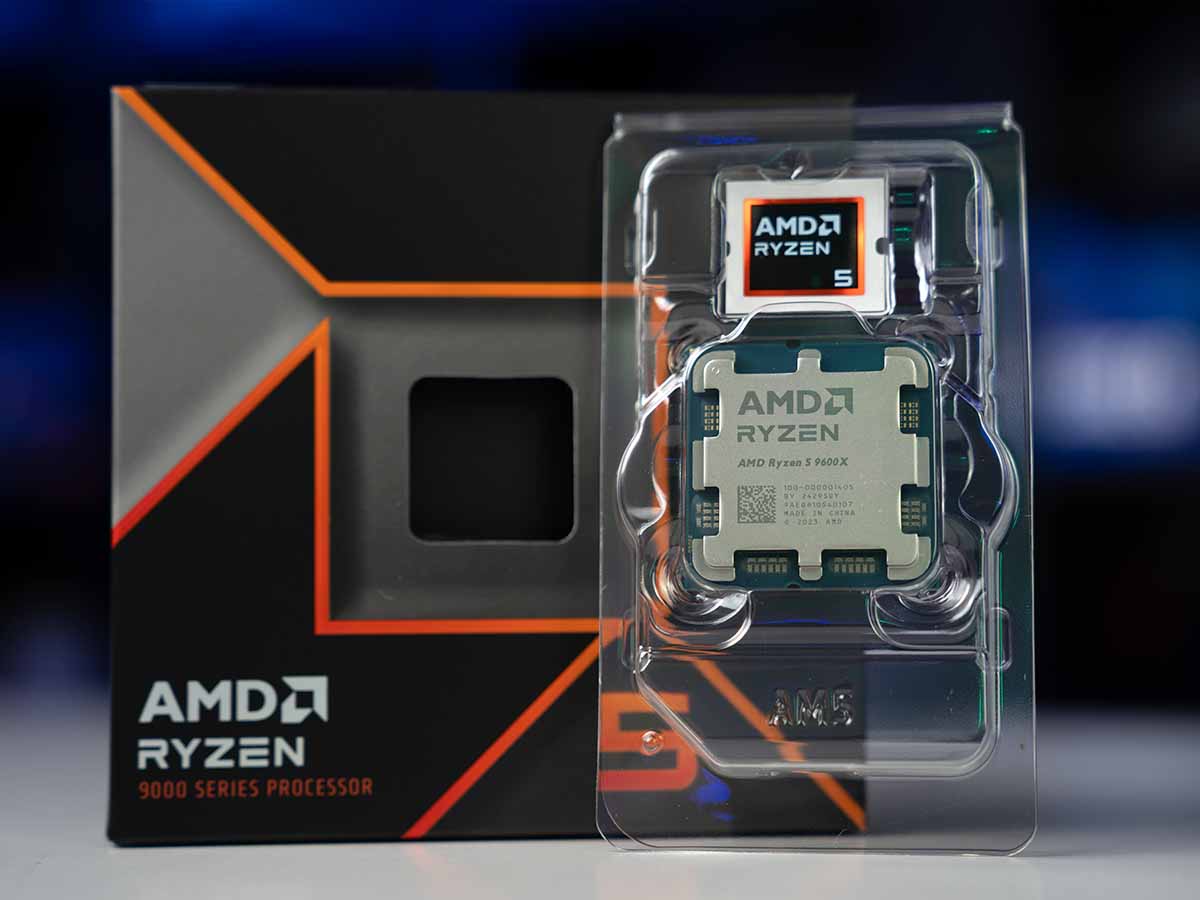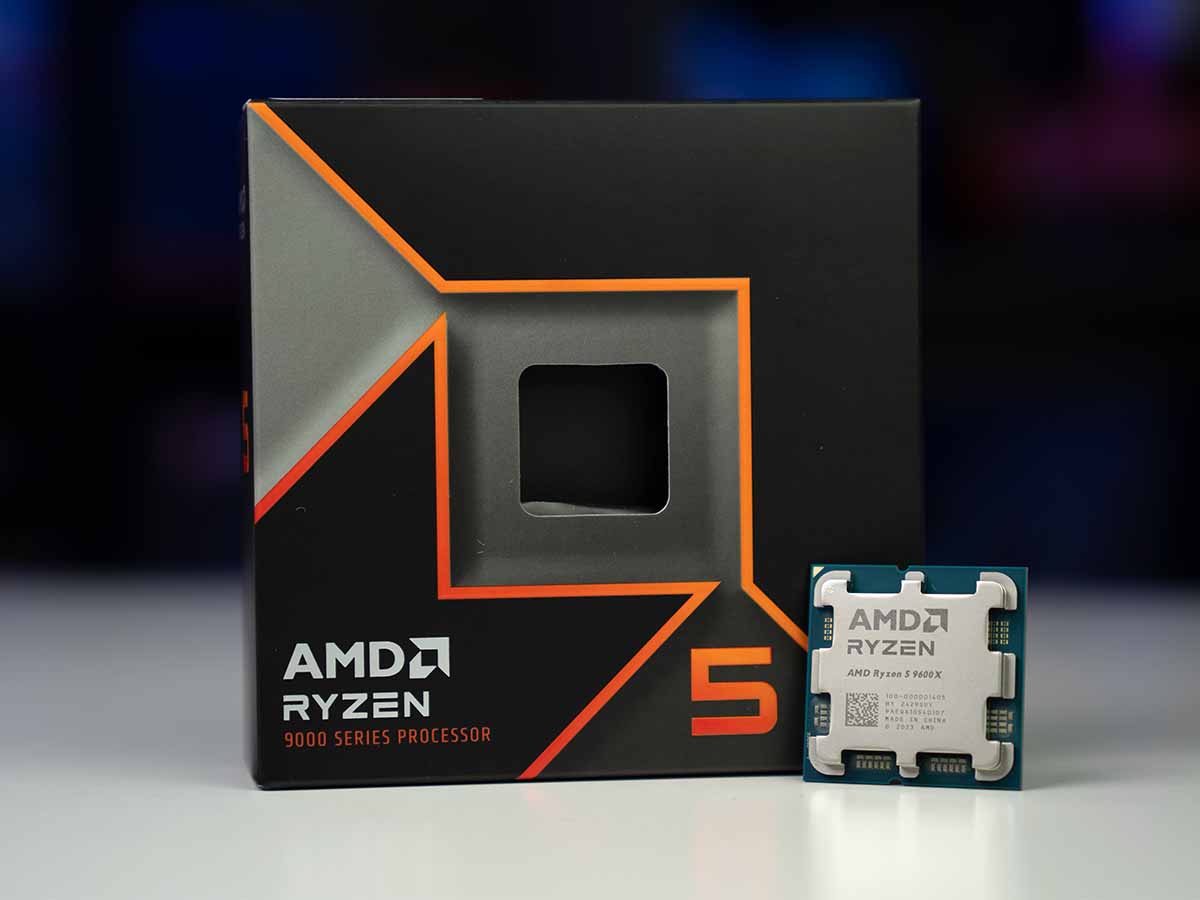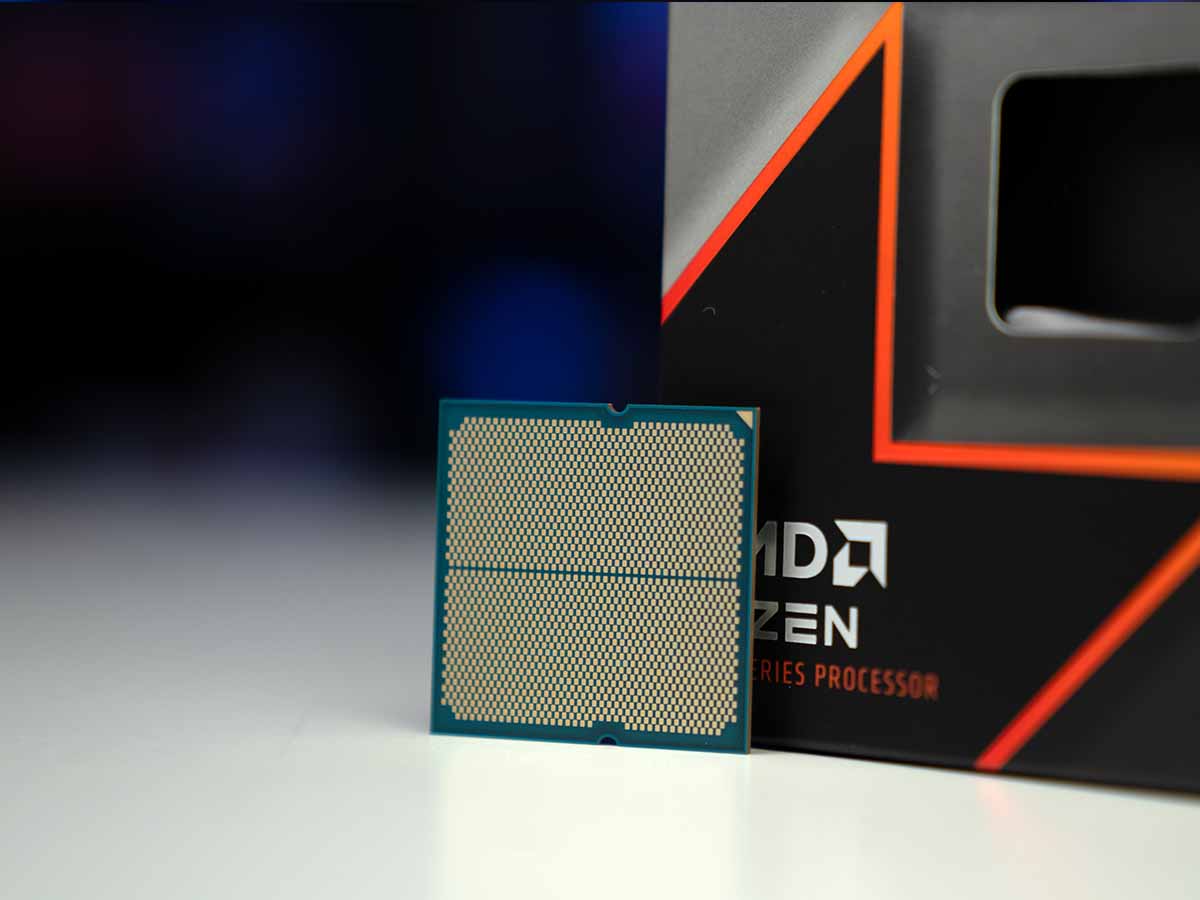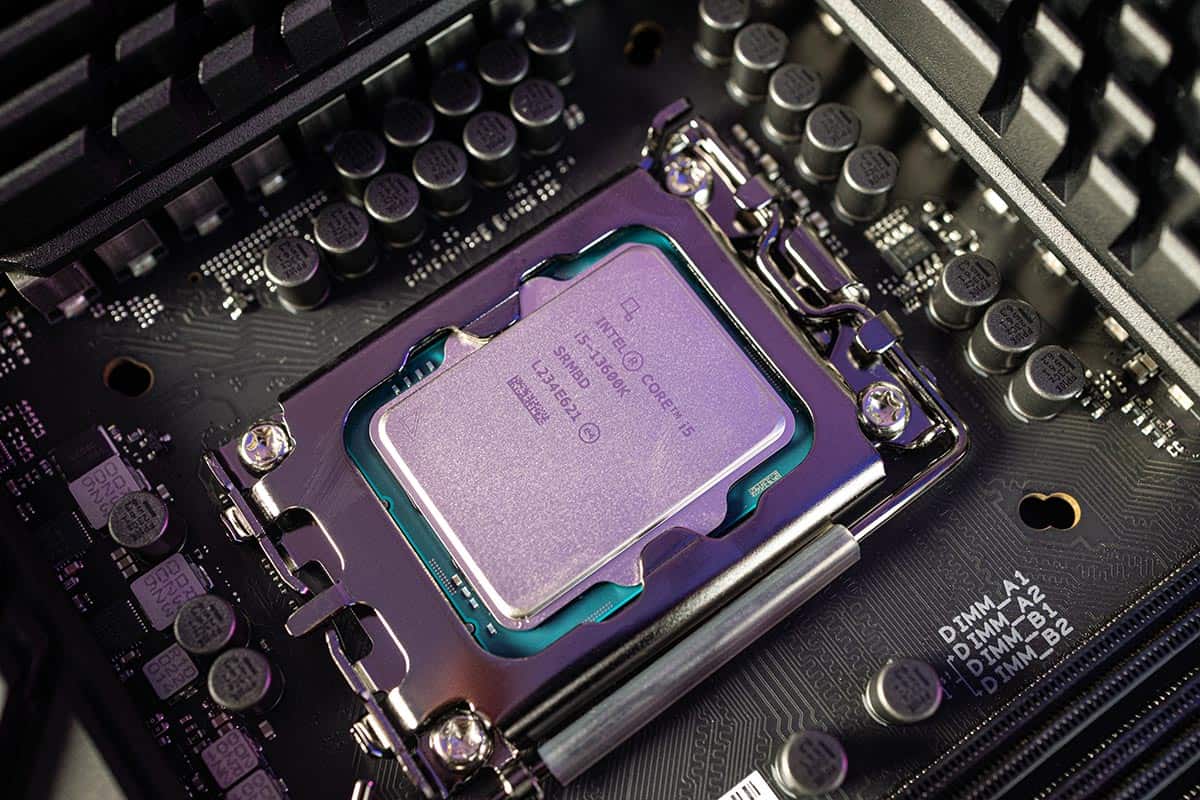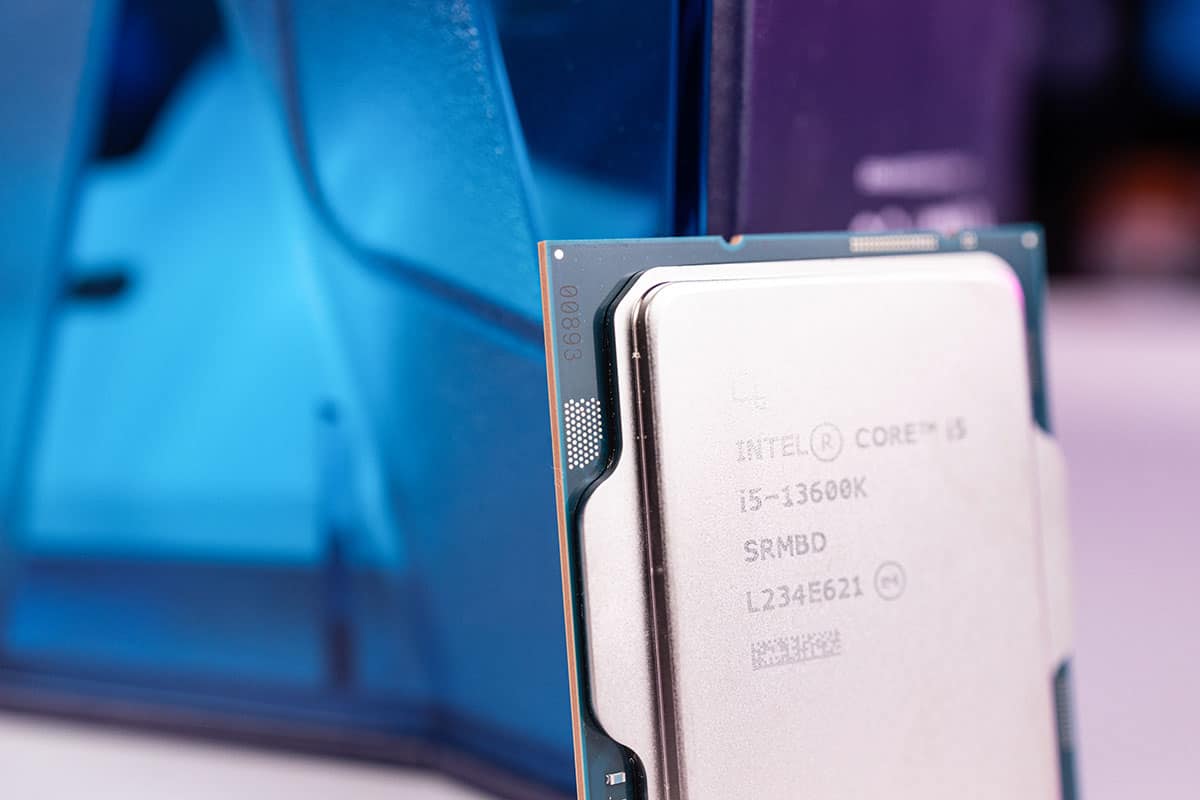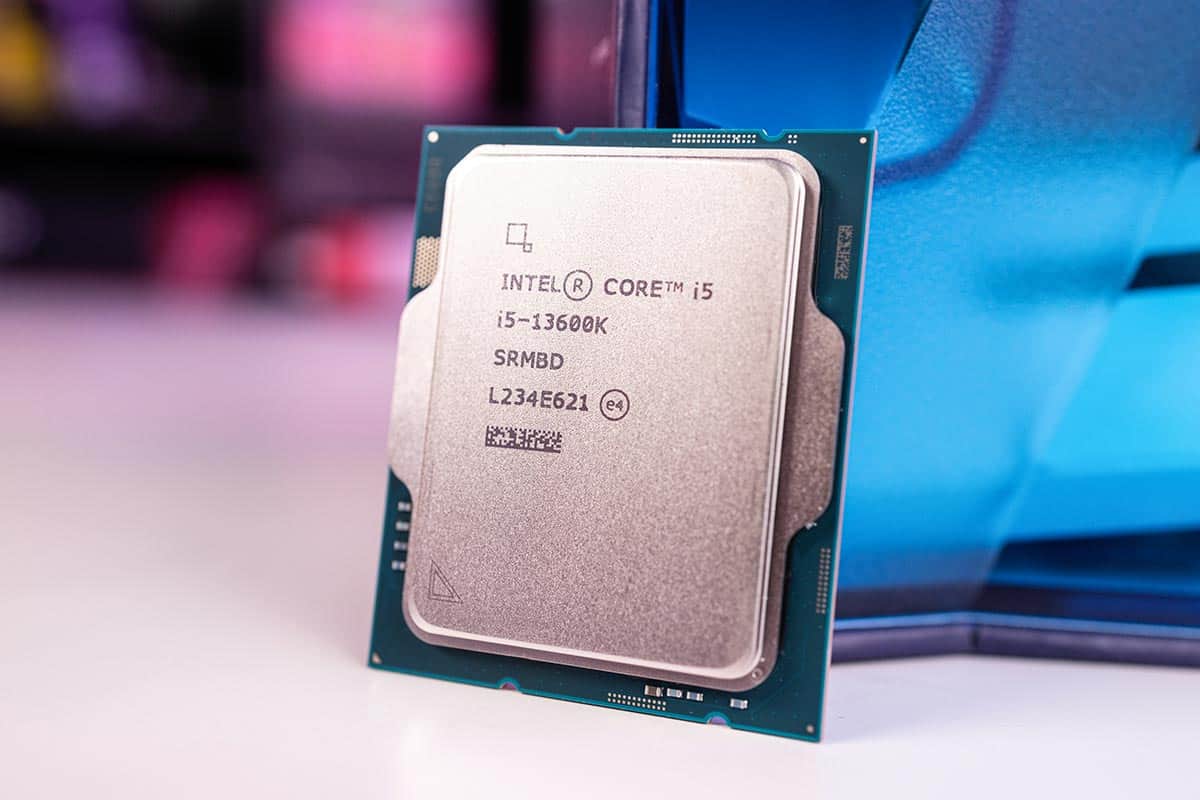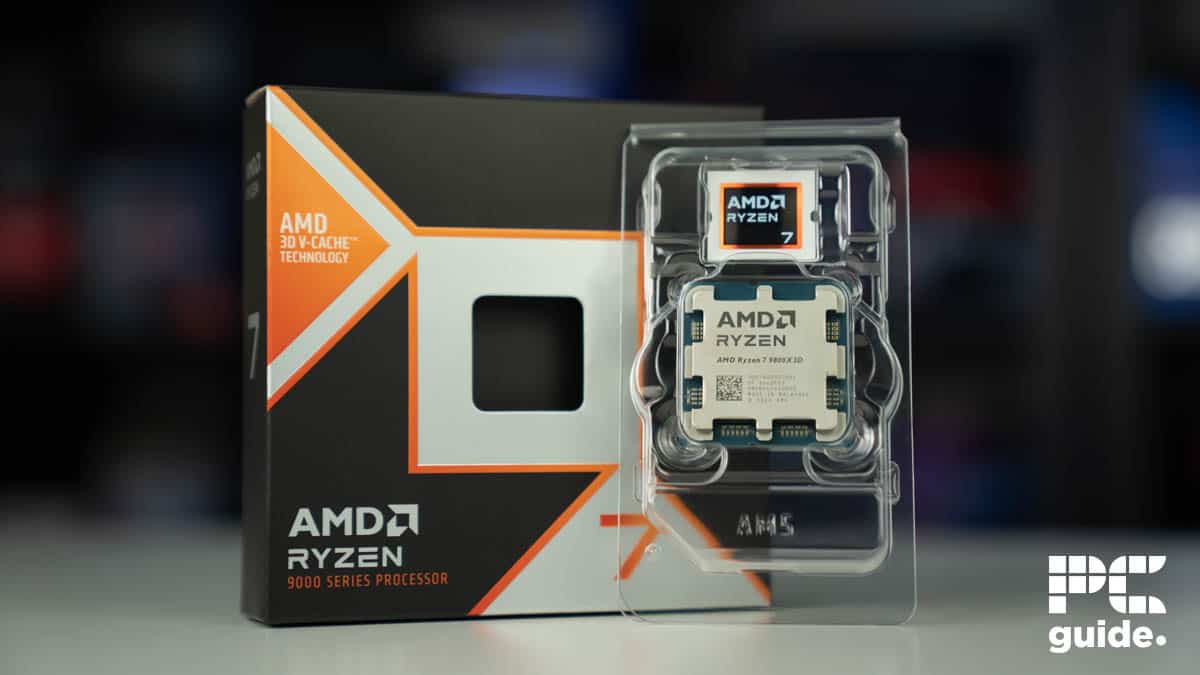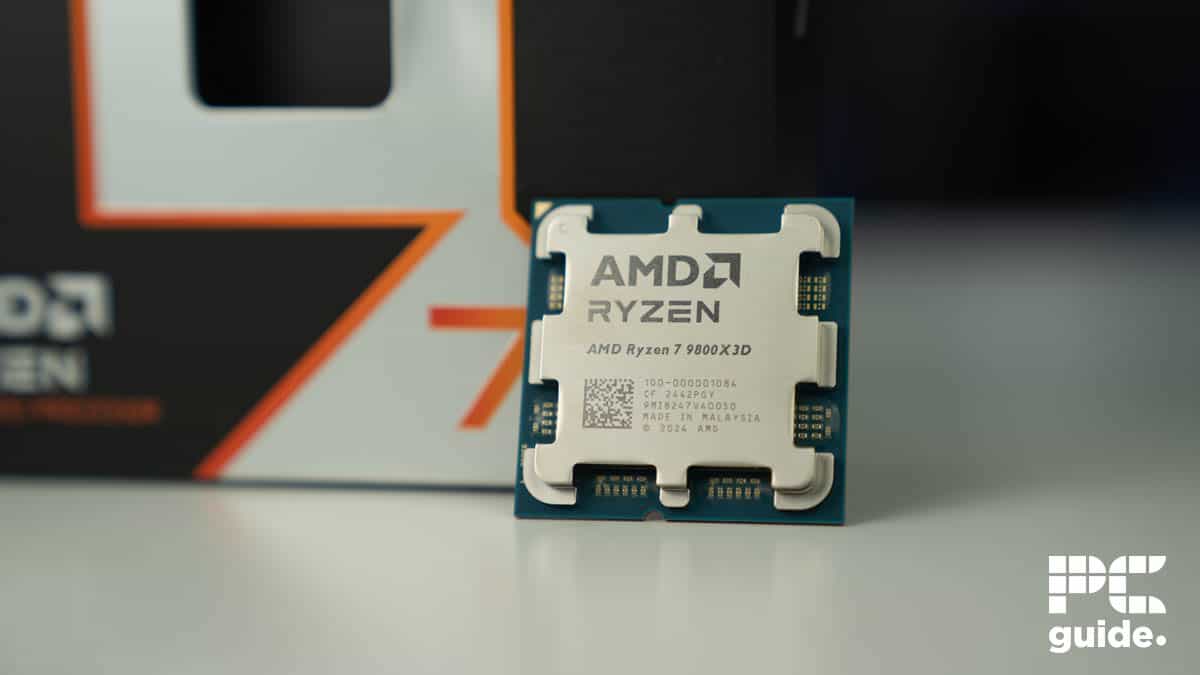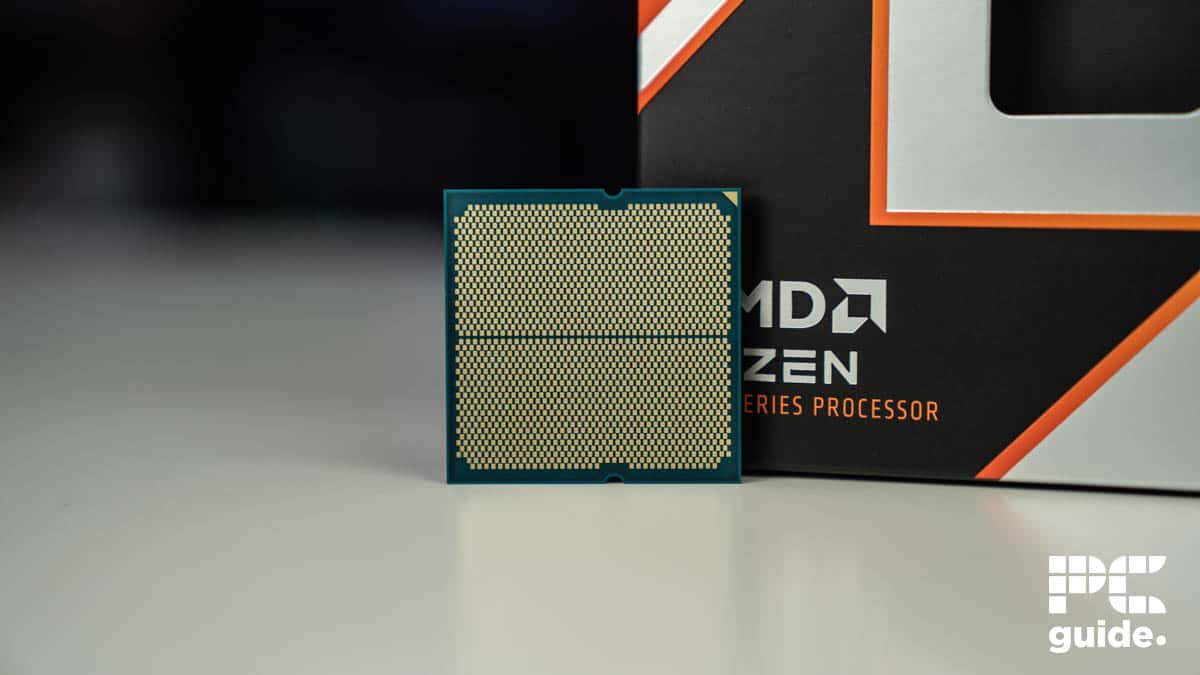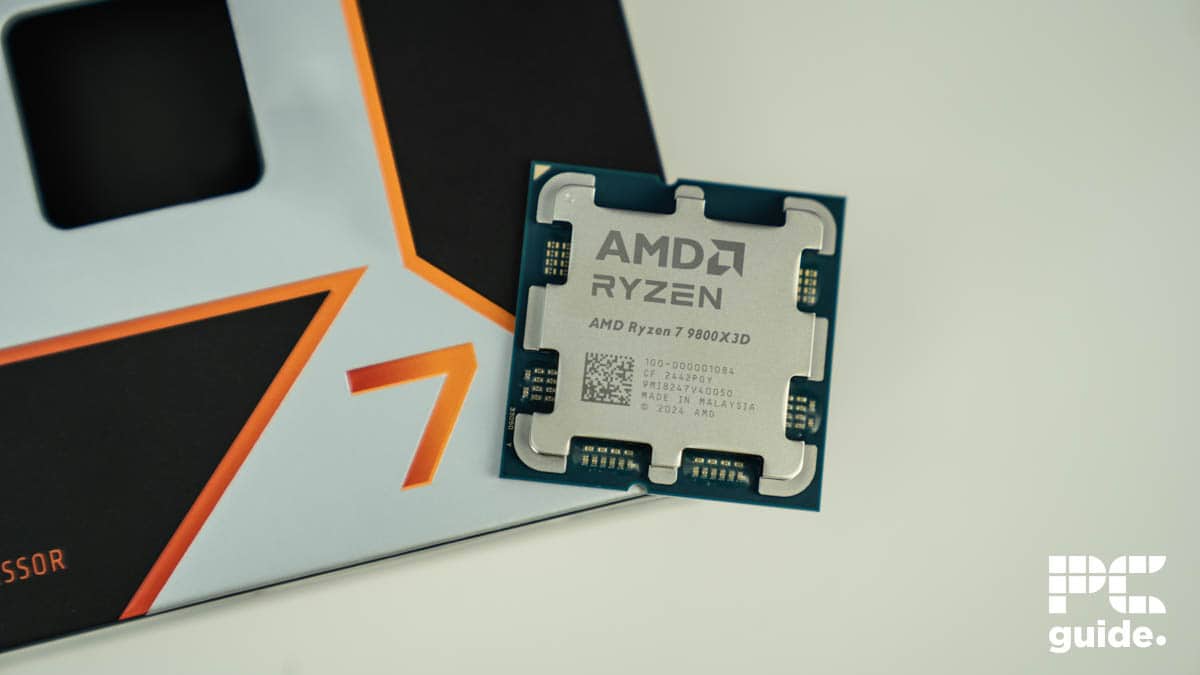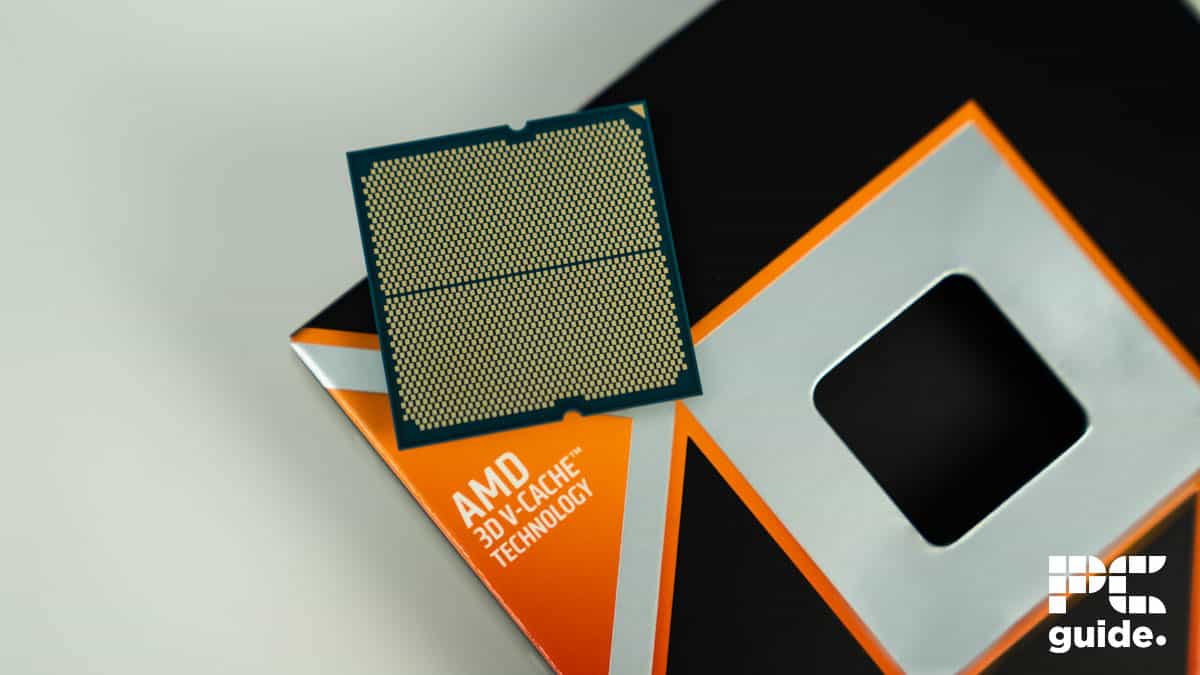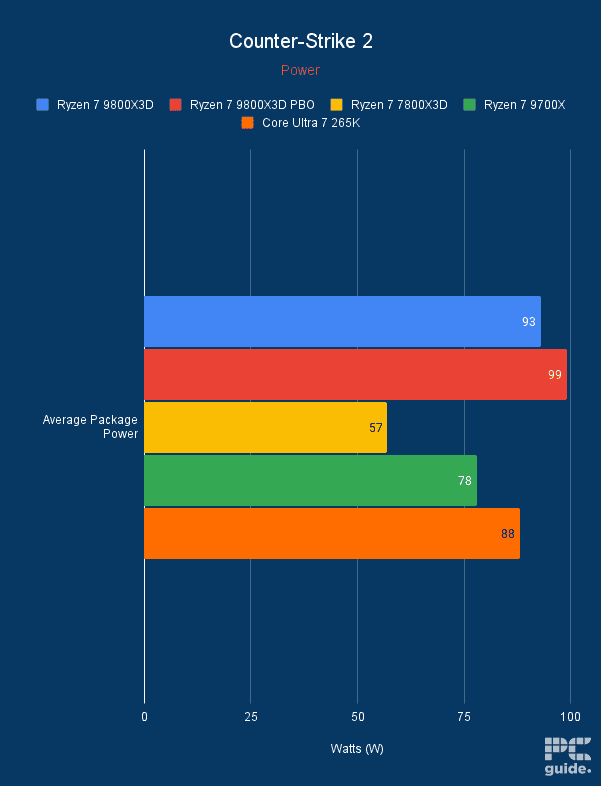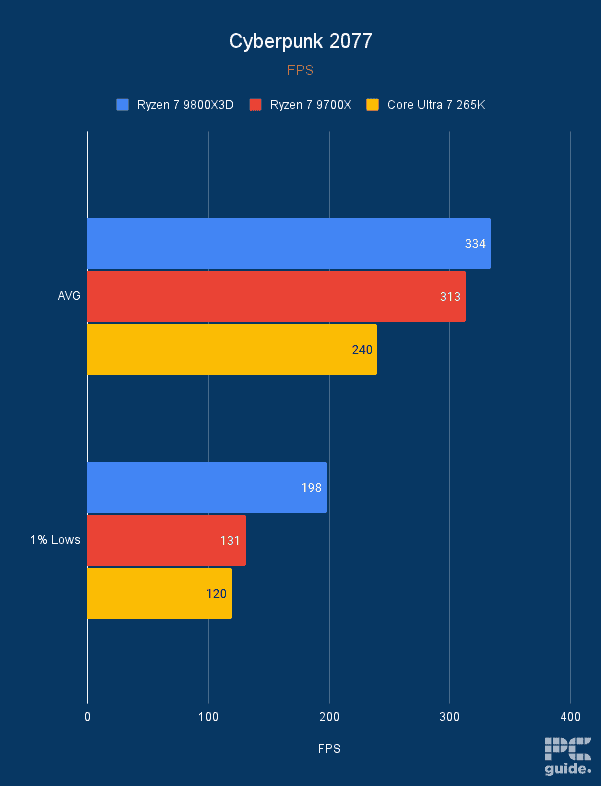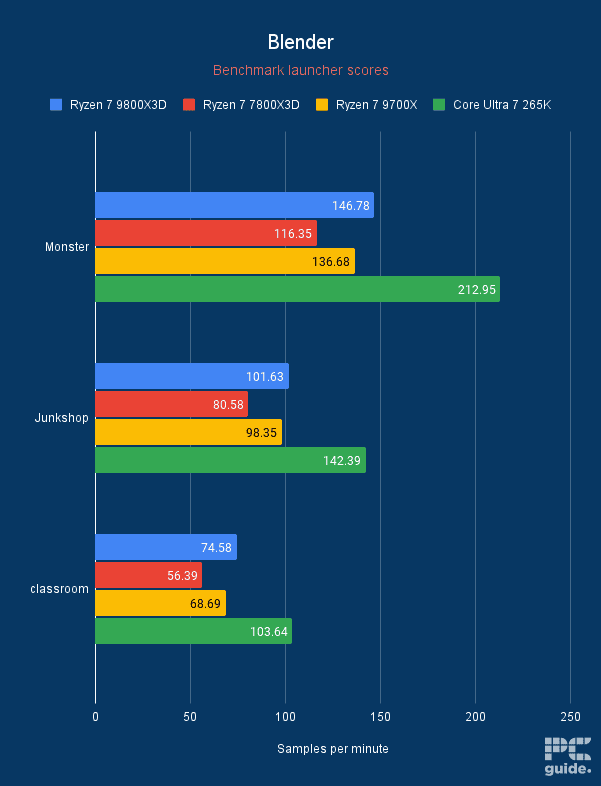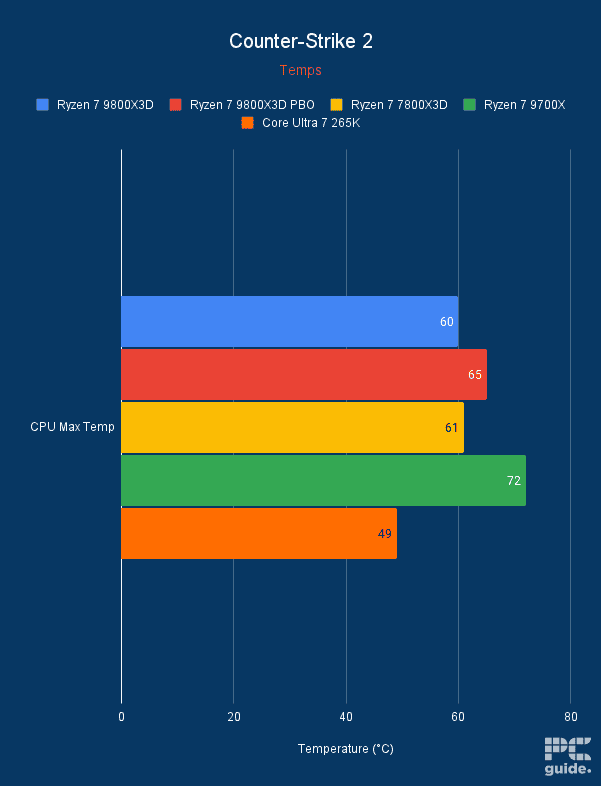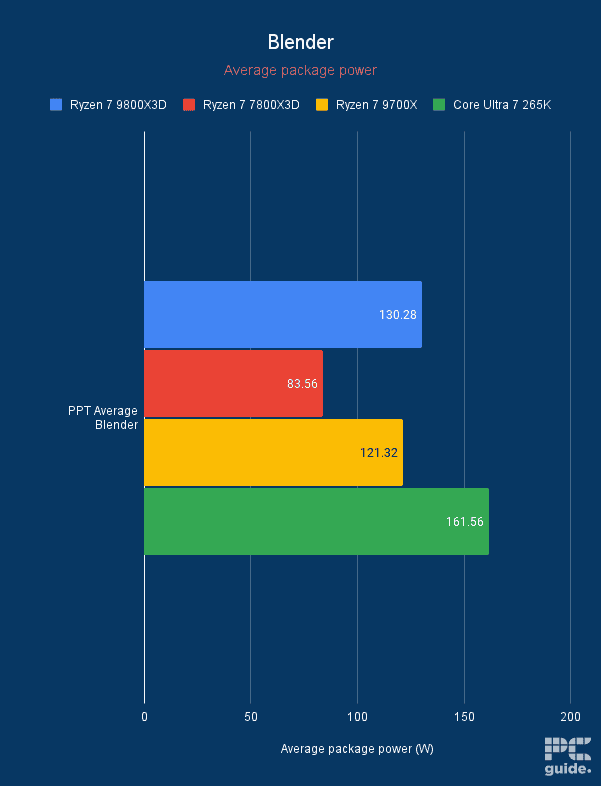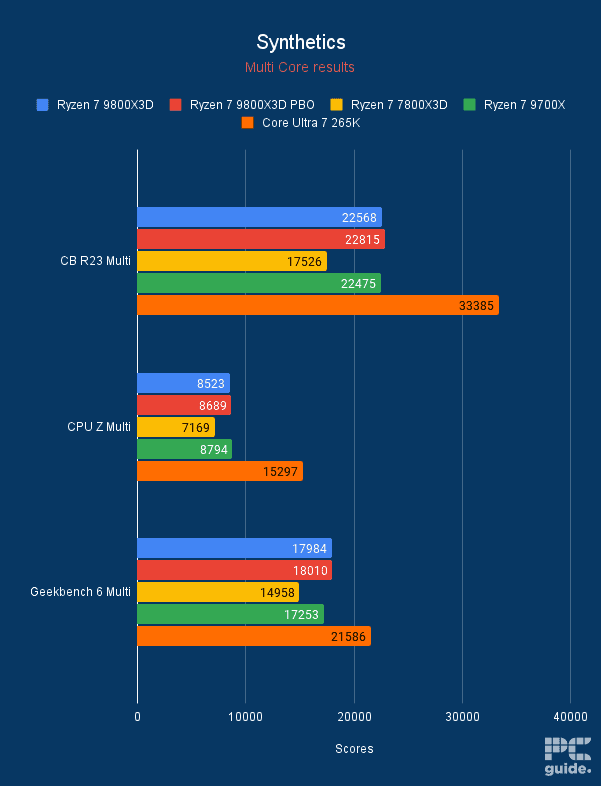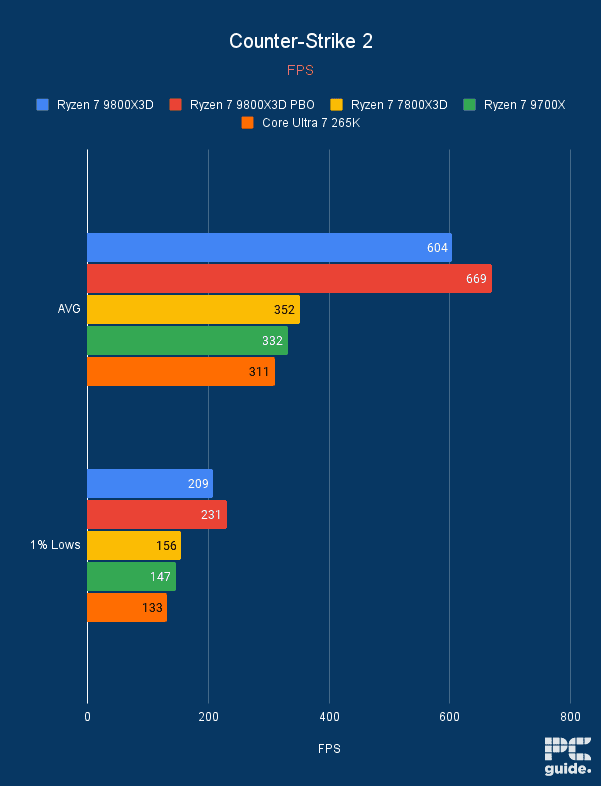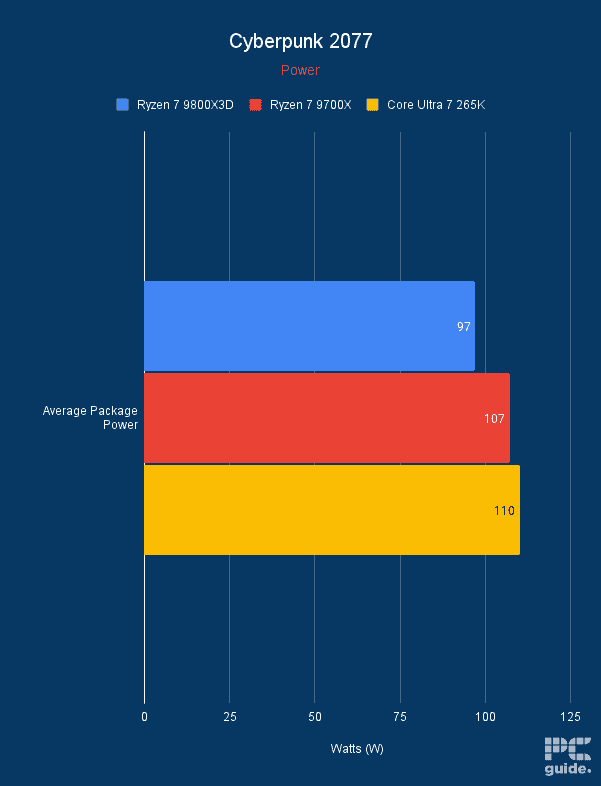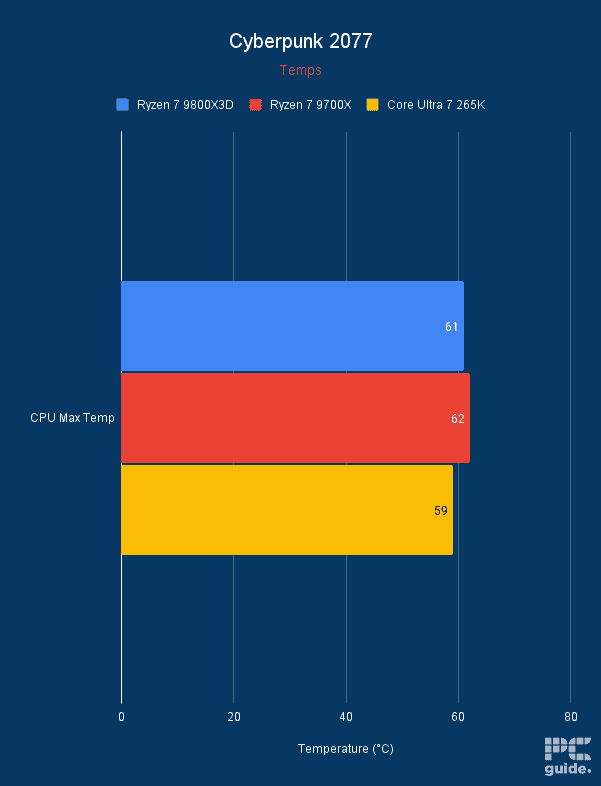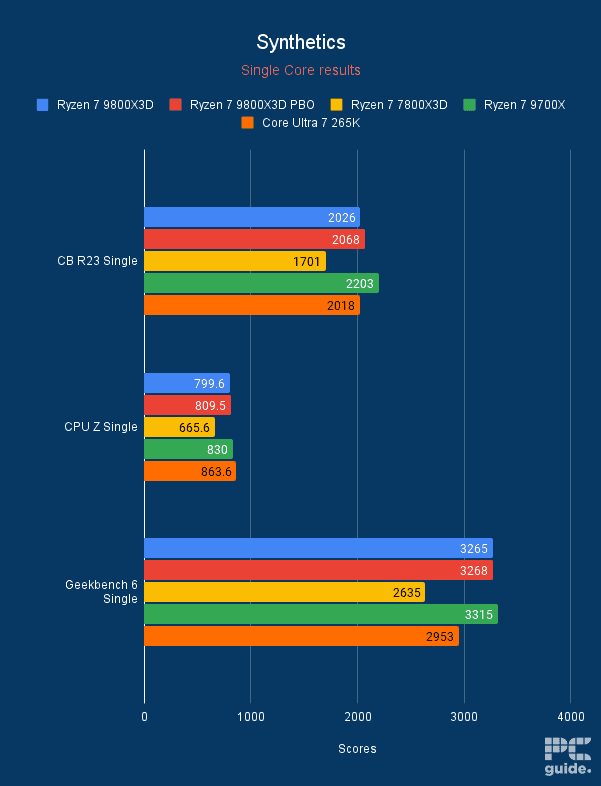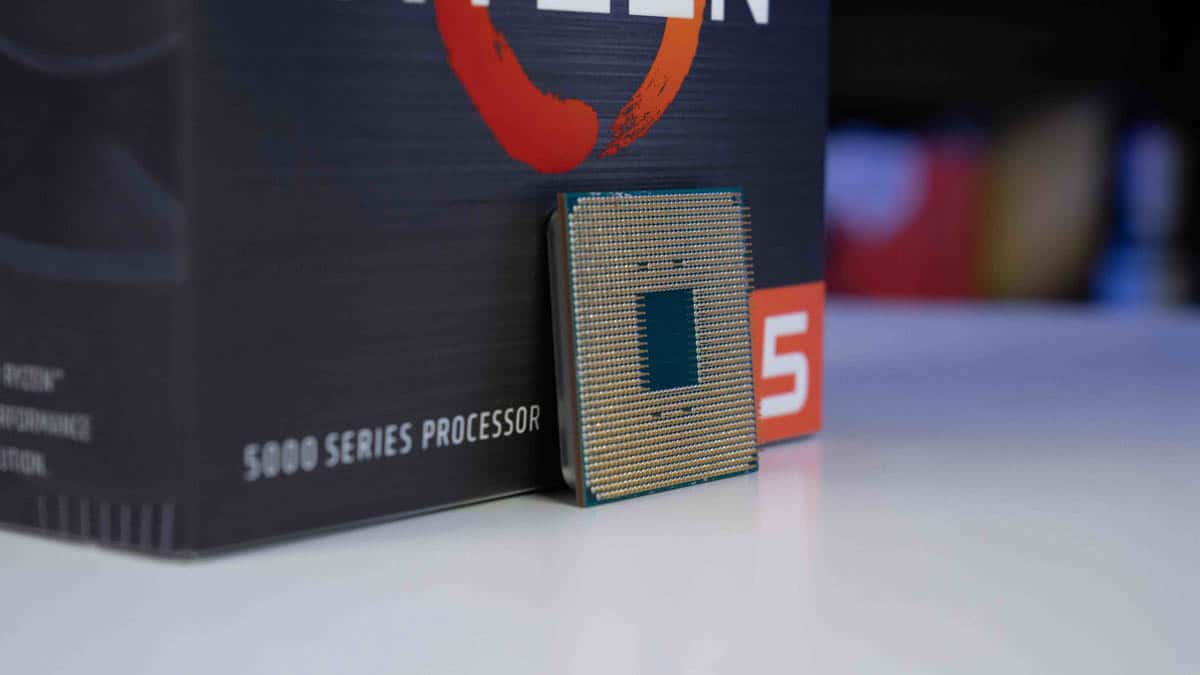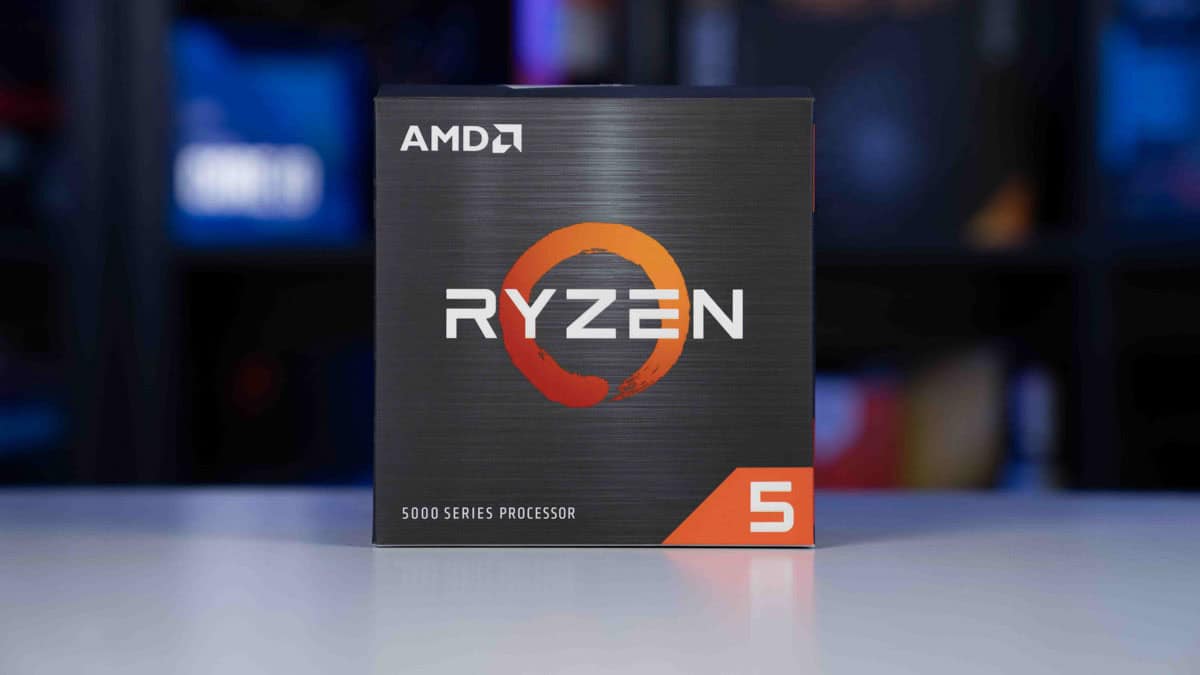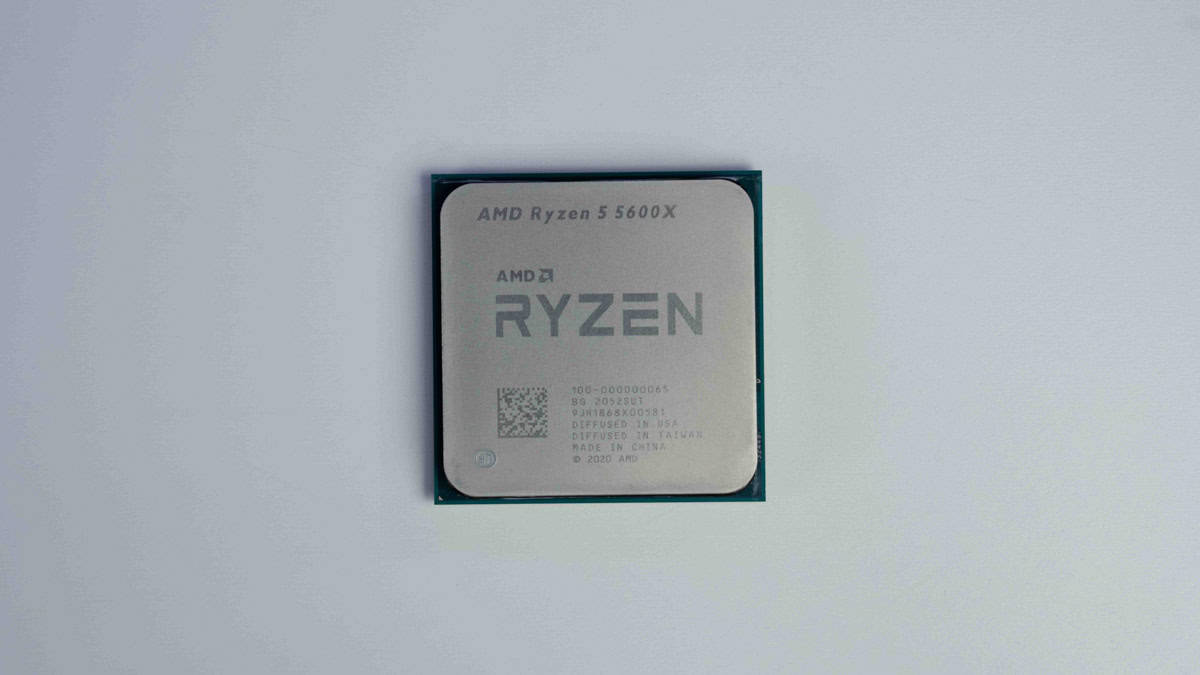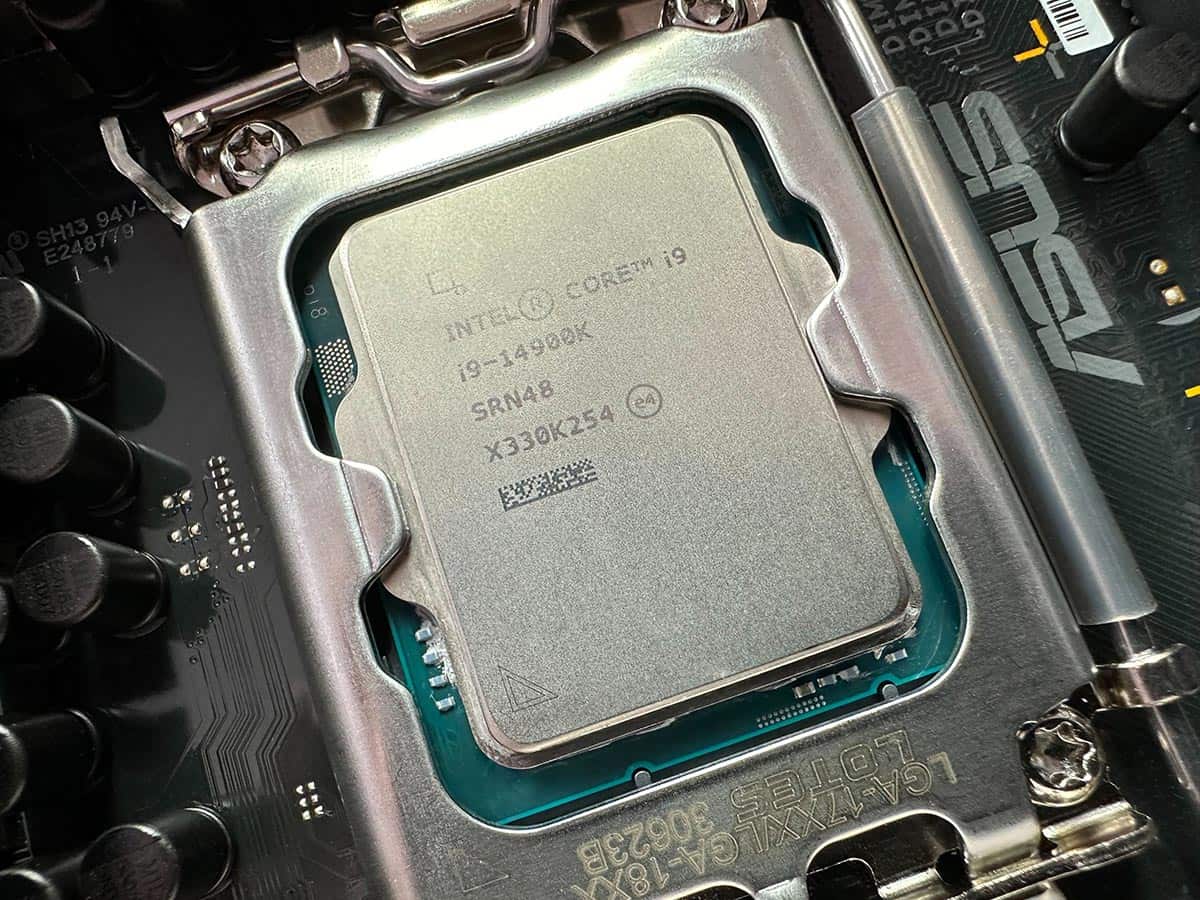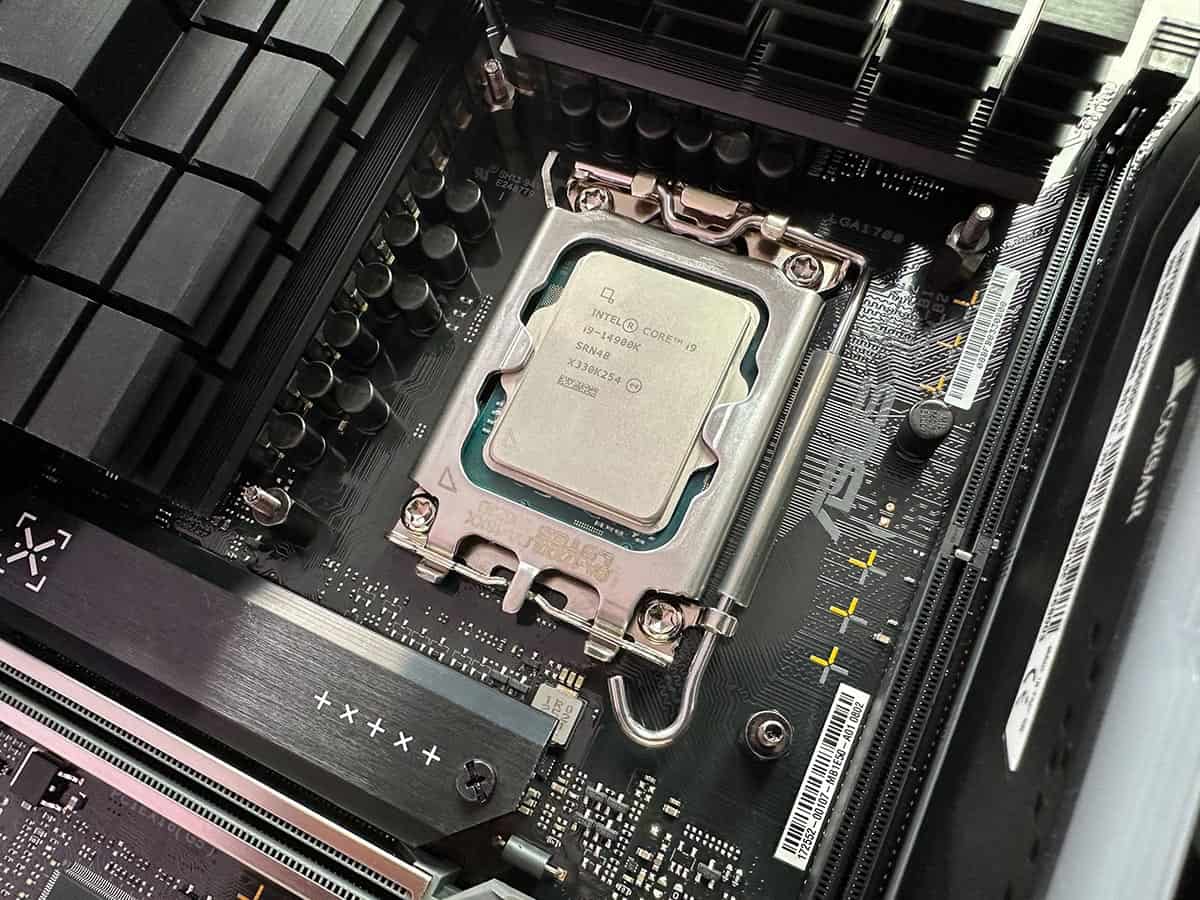Best CPU for RTX 3070 Ti in 2025 – our top AMD and Intel picks tested
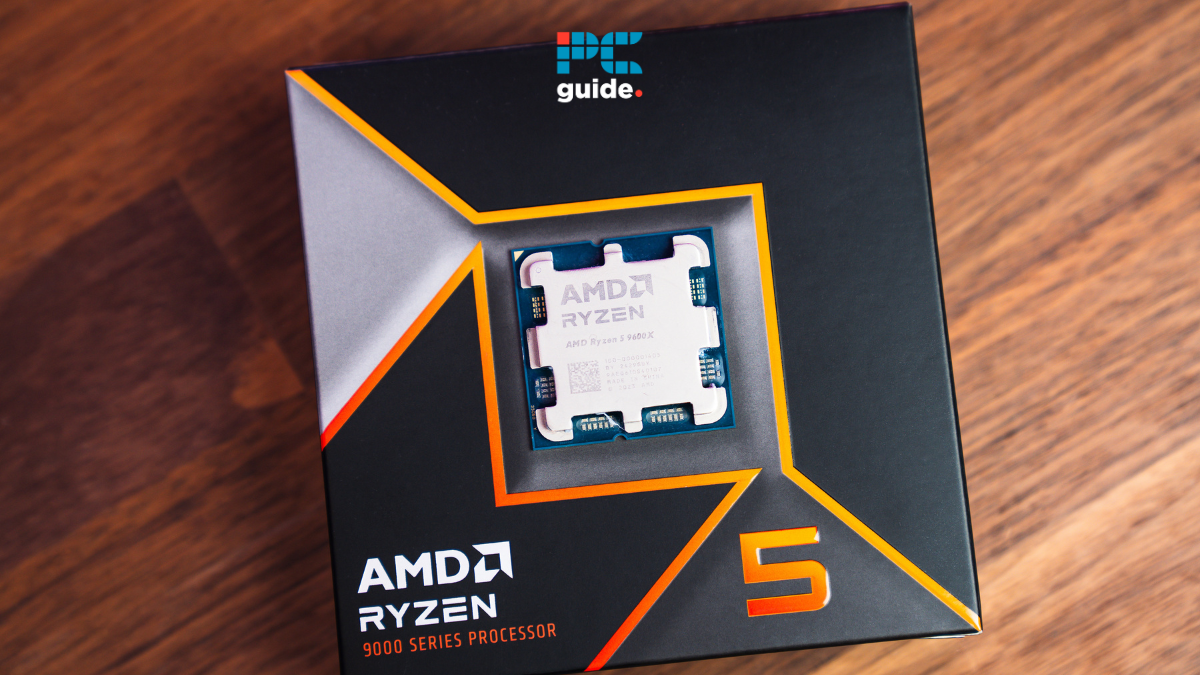
Table of Contents
Even with the release of the 5070 Ti, the 3070 Ti is still a favorite for many, and holding up pretty well considering its age. That said, it’s still as important as ever to ensure you’ve got the right CPU for the card itself, which is where we can help.
The 3070 Ti, released in 2021, features 6,144 CUDA cores, a 1.77GHz boost speed, and GDDR6X memory. As a mid-ranger, this GPU has established itself as a solid gaming GPU that’s still competitive in the market despite being superseded by the 4070 Super series, and the 50 series following that.
Prime Day is finally here! Find all the biggest tech and PC deals below.
- Sapphire 11348-03-20G Pulse AMD Radeon™ RX 9070 XT Was $779 Now $739
- AMD Ryzen 7 7800X3D 8-Core, 16-Thread Desktop Processor Was $449 Now $341
- ASUS RTX™ 5060 OC Edition Graphics Card Was $379 Now $339
- LG 77-Inch Class OLED evo AI 4K C5 Series Smart TV Was $3,696 Now $2,796
- Intel® Core™ i7-14700K New Gaming Desktop Was $320.99 Now $274
- Lexar 2TB NM1090 w/HeatSink SSD PCIe Gen5x4 NVMe M.2 Was $281.97 Now $214.98
- Apple Watch Series 10 GPS + Cellular 42mm case Smartwatch Was $499.99 Now $379.99
- ASUS ROG Strix G16 (2025) 16" FHD, RTX 5060 gaming laptop Was $1,499.99 Now $1,274.99
- Apple iPad mini (A17 Pro): Apple Intelligence Was $499.99 Now $379.99
*Prices and savings subject to change. Click through to get the current prices.
This unit has special characteristics that make it a gaming goal. It's a fairly affordable unit, it's strong and fast, and it benefits from the 2nd generation Ray tracing and DLSS. Naturally, to match that speed and power, you need an equally powerful CPU.
We’ve reviewed several CPUs here at PCGuide and have put each one through rigorous testing. Based on the results, we’ve selected a few options that we think are the right fit for the GPU. While you may not need the very best Ryzen 9 9950X3D or Ryzen 9 9800X3D for this card, they have been more recently released, although we haven’t reviewed them, so they won’t feature in this list yet. Instead, here is our selection for the 3070 Ti.
Products at a glance
-
Best CPU for the RTX 3070 Ti
AMD Ryzen 5 9600X
- Cores: 6
- Threads: 12
- Boost clock speed: 5.4 GHz
- Base clock speed: 3.9 GHz
- L3 Cache: 32 MB
- TDP: 65 W
-
Best Intel CPU for the RTX 3070 Ti
Intel Core i5-13600K
- Cores: 14 (6P-8E)
- Threads: 20
- Boost speed : P-Core 5.1GHz / E-Core 3.5GHz
- Base speed: P-Core 3.5GHz / E-Core 2.6GHz
- L3 Cache: 24MB
- TDP: 181W
-
Best AMD CPU for the RTX 3070 Ti
AMD Ryzen 7 9800X3D
- Cores: 8
- Threads: 16
- Boost clock speed: 5.2GHz
- Base clock speed: 4.7GHz
- L3 cache: 96MB
- TDP: 120W
-
Best previous gen CPU for RTX 3070 Ti
AMD Ryzen 5 5600X
- Cores: 6
- Threads : 12
- Boost speed : up to 4.6 GHz
- Base speed: 3.7 GHz
- L3 Cache: 32 MB
- TDP: 65W
-
Best performance CPU for the RTX 3070 Ti
Intel Core i9-14900K
- Cores: 24 (8P-16E)
- Threads: 32
- Boost clock speed : P-Core 5.8GHz / E-Core 4.4GHz
- Base clock speed: P-Core 3.2GHz / E-Core 2.4GHz
- L3 Cache: 36 MB
- TDP: 253W
How we picked
When purchasing a graphics card such as the Nvidia GeForce RTX 3070 Ti, finding a well-matched processor is just as important. Gamers must select a CPU powerful enough to handle their desired settings and provide them with an optimal gaming experience and well-rounded performance.
When selecting a CPU, we considered the budget and types of games that can be played to determine which processor would best suit users’ needs. So, the first port of call was to scour the performance metrics of the highest-rated CPUs from both Intel and AMD, comparing core counts, thread counts, and clock speeds to get a feel for overall computational ability.
Compatibility was next, as we had to make sure each CPU was compatible with different motherboards, chipsets, and socket types to work seamlessly with the 3070 Ti and equally futureproofed to be a long-lasting part of your system.
Lastly, research into benchmark scores for different processors should be conducted to ensure maximum performance from the chosen CPU. Luckily, we’ve done our own benchmarking of our lineup in our in-house reviews and have given each of them a seal of approval after getting hands-on. Click the review link to check them out and find out more about how we test each CPU in this testing guide.

- Cores: 6
- Threads: 12
- Boost clock speed: 5.4 GHz
- Base clock speed: 3.9 GHz
- L3 Cache: 32 MB
- TDP: 65 W
- Platform: AMD Socket AM5
- Amazing performance-per-watt ratio, with a TDP of 65 W
- You get this impressive performance for a competitive price
- Its 6 cores and 12 threads go a long way
- Fewer cores than Intel alternatives
- These fewer cores means it doesn’t excel in heavy workstation tasks
As our top choice of processor for the 3070 Ti, we’ve gone for the Ryzen 5 9600X. This one comes with the latest Zen 5 architecture, and it offers high performance without breaking the bank. In our Ryzen 5 9600X review, we found it to be a great option for budget-conscious builders.
The 9600X is built using 4nm process technology, which means that it has more transistors on each core than processors that offer 5nm or higher technology. This allows the processor to efficiently divide the workload among the cores.
It’s 6 cores and 12 threads provide exceptional power for multitasking and intensive gaming alike, allowing you to run modern titles at high settings effortlessly. With this number of cores, the processor can surge to 5.4 GHz of boosted frequency. However, do keep in mind that constantly running the CPU at such high speeds can generate a lot of heat. So, make sure you’re using one of the best CPU coolers for 9600X to keep the temps low.
The 9600X does better intergenerationally than it's bigger brother, the 9700X.
PC Guide
As far as the cache size is concerned, the 9600X features a 32 MB L3 cache, which further enhances its ability to handle demanding workloads quickly and efficiently. With support for PCIe 5.0 technology too, users can take advantage of faster storage speeds while enjoying lag-free gaming experiences at higher resolutions.
The 9600X also has a fairly low TDP of only 65W, which is 40W less than its predecessor, the 7600X. This means that it won’t generate too much heat, and you don’t have to worry about getting a high-end power supply for it. However, we’d still recommend pairing it with one of the best PSUs for 9600X to keep your components safe.
To find out how good the 9600X is, we tested it with different benchmarking tools. In CPU Z single and multi-core tests, it was able to deliver 827 and 6,345 points, respectively. We then launched Geekbench, where we were able to get 3,283 and 14,909 points, respectively. These are significantly better scores than what its predecessor, 7600X, was able to achieve. The gaming performance was also decent, as we were getting 325 FPS in Cyberpunk 2077 at 1080p low.
Overall, the Ryzen 5 9600X is one of the best CPUs to pair with the 3070 Ti, and it is a solid option for those who can’t afford to invest in a high-end CPU.

- Cores: 14 (6P-8E)
- Threads: 20
- Boost speed : P-Core 5.1GHz / E-Core 3.5GHz
- Base speed: P-Core 3.5GHz / E-Core 2.6GHz
- L3 Cache: 24MB
- TDP: 181W
- Platform: Intel (LGA 1700)
- Perfect for high-performance gaming alongside the GPU
- Supports either DDR4 or DDR5, so it is versatile for all systems
- Just as good as the 14600K, but costs less.
- Notably high power consumption and temperatures for its offerings
- Hence, you’ll need to take into account cooling requirements
- If you haven’t had to yet, you’ll need to upgrade to LGA 1700
If you're looking for a CPU that allows you to do more than just gaming for a similar price tag, then you can also consider going with Team Blue, and we’re pushing the 13600K into the spotlight. This is a great option from Intel, and it won’t put a dent in your bank account. In our Core i5-13600K review, we tested the processor in multiple tools and were not disappointed with its performance.
The Intel Core i5-13600K is a powerful little processor with 14 cores and 20 threads. Despite its affordable price of $320, it still manages to deliver top-notch performance.
Compared to the previous model, the i5-13600K has double the number of E-cores and a combination of 8 efficient and 6 high-performance cores. It also supports Hyper-threading, giving it 20 total threads. All this power is packed into a chip that only uses 125W of energy – how’s that for value?
The Core i5 13600K is a fantastic CPU for those looking to get a great performance CPU without breaking the bank
PC Guide
This design is good for gaming and performs well in both light and heavy tasks. It has more cores and faster clock speeds, which make it perform better than the 7600X, and positions it as close to the Intel Core i9 family but with a lower cost and power use.
Our benchmarking of the chip in our i5-13600K review stood as a testament to this, too, reaching a 179 FPS 1080p average in Cyberpunk and a 162 FPS 1080p average in Elden Ring. In layman’s terms, its performance is bang on for enhancing the 1080p efficiency of the GPU, and 1440p should be a breeze, too.
This CPU can be overclocked for better performance, but without a built-in graphics card, the Intel Core i5-13600KF is similar but cheaper. If you have a graphics card, this is a cost-effective choice for the same performance.

- Cores: 8
- Threads: 16
- Boost clock speed: 5.2GHz
- Base clock speed: 4.7GHz
- L3 cache: 96MB
- TDP: 120W
- Platform: AM5
- Outperforms all CPUs in gaming
- Very good energy efficiency
- X3D now supports overclocking
- Not ideal for heavy productivity tasks
- Platform cost is high (AM5 motherboard + DDR5 RAM)
Improving on what was already the best CPU for gaming, the Ryzen 7 7800X3D, Team Red has cranked things up a notch with the latest iteration of their X3D CPU line, the Ryzen 7 9800X3D, making it the go-to recommendation for any RTX 3070 Ti build. First, AMD upgraded to a 4nm process node for the 9800X3D, which gave it a good boost in overall power consumption and energy efficiency.
Plus, the CPU also brings a 16% generational uplift in IPC. What does this mean? Now, the X3D CPUs not only rule gaming loads but also perform very impressively in productivity tasks. I mean, we get an 8-core + 16-thread configuration, with the cores clocking @ 5.2GHz. Along with that, we can also overclock the 9800X3D, something which wasn’t possible with the 7800X3D, to squeeze even more performance out of it. Understandably, there will also be an increase in power consumption and heat generation, but if you have the best CPU cooler for 9800X3D, you won’t have to worry too much.
While the overall productivity performance is commendable, we still wouldn’t recommend it if your primary use case surrounds heavy-duty workloads, as the CPU falls behind the X line-up considerably. For that, we recommend a Ryzen 7 9700X or a 9900X.
The 9800X3D has unlocked its potential and become the leading processor in the market. The 2nd generation V-Cache gives it the ability to run the CPU core faster and at higher voltages pushing its performance even further over the 7800X3D and on par with non-X3D chips in non-gaming tasks.
PC Guide
Of course, the same cannot be said for gaming, as the 9800X3D surpasses the Core Ultra 9 285K, which is Intel’s latest flagship, as well as the Ryzen 9 9950X, which is Team Red’s own flagship processor, by a mile in all AAA titles. The 9800X3D’s extra L3 cache of 96MB gives it an unbeatable advantage in all games, as there is more data to store in the cache, so the cores can access it faster.
For reference, the Core Ultra 9 285K managed 216 FPS, while the 9950X delivered 319 FPS. The 9800X3D managed 334 FPS paired with an RTX 4070 Ti. This was without enabling PBO which increased the FPS in CS2 from 604 to 669, meaning a simple click can take the in-game performance to the next level.
One thing to keep in mind when upgrading to a Ryzen 7 9800X3D is that AMD has dropped support for DDR4 RAM with its Zen 5 architecture. This means you’ll have to upgrade to DDR5 RAM (if you haven’t already) and also get an AM5 motherboard. We recommend you get the best motherboard for 9800X3D, as that significantly impacts your build’s overall performance. All in all, if you want a do-it-all CPU that offers exceptional gaming performance while also maintaining a good rank in productivity tasks, the 9800X3D is the way to go.

- Excellent gaming performance
- Leading for creativity and productivity
- Pricing identical to previous generation
- Incredible price to performance ratio
- Included boxed stock cooler
- Plenty of supporting motherboards to choose from
The RTX 3070 Ti is still capable of delivering solid 1440p gaming performance in 2025, and if you’re looking to put together a budget gaming PC, we recommend pairing this GPU with the Ryzen 5 5600X. This is a solid processor that is easy on the pocket but packs a punch to handle intense gaming and work sessions without compromising performance.
In our Ryzen 5 5600X review, it delivered decent synthetic and gaming performance, and I personally also use this combination for gaming at 1440p, and I haven’t experienced any issues. I play CS2 with 200+ FPS with all the in-game settings maxed out, BF2042, R6S, Delta Force, DOOM, Sniper Ghost Warrior Contracts 2, and other titles at high settings without any frame drops or low performance issues.
The 5600X is a strong and very affordable budget CPU despite being released in 2020. It belongs to one of the best platforms ever made that remains in support today despite the release and success of AM5.
PC Guide
However, this processor can handle much more powerful graphics cards than the RTX 3070 Ti as we paired it with the RTX 4070 Ti Super and we got 282 and 177 FPS in Cyberpunk 2077 and Days Gone, respectively. So, you shouldn’t have any issues playing games 1080p or 1440p with this combination.
Overall, the 5600X is a good processor that doesn’t burn a hole in your pocket and can even handle resource-intensive tasks with ease but be mindful of its nature as it is an entry-level processor and has its limitations.

- Cores: 24 (8P-16E)
- Threads: 32
- Boost clock speed : P-Core 5.8GHz / E-Core 4.4GHz
- Base clock speed: P-Core 3.2GHz / E-Core 2.4GHz
- L3 Cache: 36 MB
- TDP: 253W
- Platform: Intel Socket 1700
- 24 strong cores, giving it great multi-tasking and single-thread performance
- Sensible upgrade that still uses the LGA 1700 socket
- Versatile for gaming, productivity, and creative tasks
- High performance means high power consumption
If you’re after the most performance out of your PC, especially in CPU-bounded workloads and games, then we recommend you pair your RTX 3070 with an i9-14900K. We have tested the i9-14900K, and it earned a 4 out of 5 rating in our review for its exceptional performance in all scenarios.
For starters, it packs 24 cores (8 performance, 16 efficiency) with 32 threads, and the performance cores can clock at up to 5.6GHz while hovering at a base speed of 3.2GHz. As such, it nails performance in both single-core and multi-core benchmarks, achieving 927.6 points in CPU-Z single and 17,074.2 points in CPU-Z Multi. Similarly, in Cinebench R23, the processor scores 2,143 and 39,973 points in single- and multi-core benchmarks, respectively.
With 36MB of L3 cache at its disposal, the i9-14900K can also deliver solid gaming performance. We played CS2 and Cyberpunk 2077 on this processor with an RTX 3080; both games were tested at 1080p resolution with high settings for CS2 and low settings for CP:2077. On average, we saw 336 FPS in CS2 and 219 FPS in Cyberpunk. These are great numbers, but we wouldn’t expect less from a flagship.
The Core i9 14900K is very strong of course, but then so is the 13900K
PC Guide
The only downside of going with the i9-14900K is its power consumption. With a 125W TDP, you can expect some pretty high thermals and power consumption, so you’ll have to make sure you have a 360mm AIO or a capable air cooler to keep this CPU from thermal throttling. You can check our guide on the best coolers for i9-14900K for some great choices.
It should be mentioned that you can expect very similar (or just slightly less) performance from the i9-13900K, which is one generation older than the i9-14900K. However, the 14900K costs the same as the 13900K, and at times, you’ll find it at a lower price, so when we put the two side-by-side, the i9-14900K offers better overall value.
Why you can trust us
Here at PC Guide, we believe in uncompromising standards for our editorial and technical team. We aim to test every product we recommend so we can give the complete breakdown of its performance to our readers, and every product you see on the list made it there solely on merit. This means that our testing and reviewing process is free from bias, and when it comes to processors specifically, there is no compromise on the performance, stability, and thermal design.
These factors are crucial to know before investing, and our goal is to help you make the best possible decision. So, rest assured, what you see in our CPU reviews is what we found during our testing, and while the outcome may differ from other places, changing even a little element can impact the outcome of the testing.
Features and considerations
Here are a few things to consider before you invest in a new processor –
Number of cores
The very first thing to consider when selecting a CPU is the number of cores. The more cores, the more tricks it can perform simultaneously. You'll find that the bigger the version, the more cores it has. This is mainly because the Ryzen 9 or Intel i9 is built for serious workloads that involve all the cores.
On the other hand, with Ryzen 5 or Intel i5, the number of cores diminishes, making them less expensive, and more suitable for gaming because, luckily, gaming is mainly a single-core activity. So, considering the architecture and number of cores of your CPU is very crucial. In accordance with this, each brand is better at some aspects than the other.
Performance
To perform more well-nigh-perfect AAA games, AMD's architecture is better capable of dealing with video game rasterization. On the other hand, while Intel is better at coping with serious game platforms thanks to its multi-thread architecture, this efficacy difference changes depending on the CPUs and the price point.
Budget
This leads us to the next point. The 3070 Ti is a mid-level GPU, so the build will be based on a budget that can always allow for the fanciest features. With this in mind, you must consider value-to-performance productivity. One of the best sensations when building a budget rig is knowing that you have the best piece at the best possible price.
Overclocking feature
If you’re interested in manually squeezing more performance out of your CPU, consider models with unlocked multipliers (Intel K-series or AMD X-series). However, remember that overclocking requires a good cooling solution and may not be significant for all users.
FAQs
What CPU is best for 3070 Ti?
There are plenty of options to pick from when it comes to pairing up your 3070 Ti. It can also depend on what kind of system you are going for, like AMD or Intel. From those we have selected a variety to pick from, as usual, the 9800X3D is one of the top choices for gaming and an all-around great pick. While the 9600X and i5-13600K are the better lower-end picks, the 14900K takes the top spot as the top choice.
What CPU doesn’t bottleneck a 3070 Ti?
To match the RTX 3070 Ti, you don’t need anything too high-end; most lower-end choices should be capable of matching it. The likes of 9600X and 245K on the lower end still give the 3070 Ti a fighting chance with the best capability. The 9800X3D provides great performance all around.
Final word
In 2025, the best processor for the RTX 3070 Ti is the Ryzen 5 9600X. It is based on the AM5 platform, which has a long support, but it is also more efficient than previous generations, and the Zen 5 architecture delivers much better performance. Also, it doesn’t have a hefty price tag ,and since it has good energy efficiency, you won’t need to invest in a high-end CPU cooler to keep it running cool.


